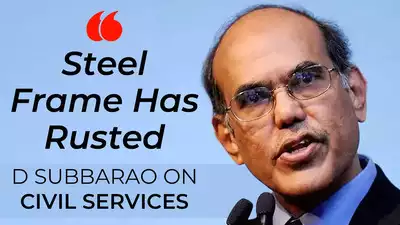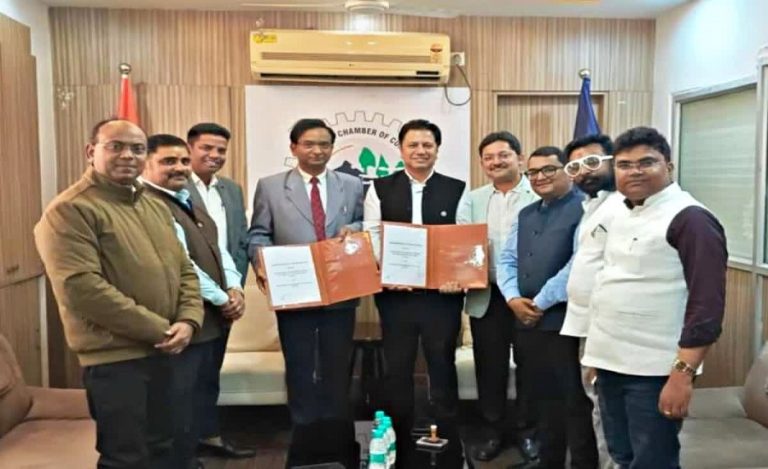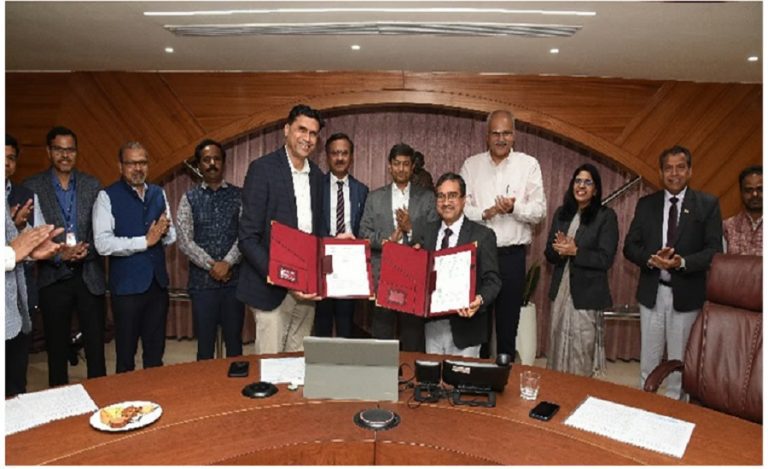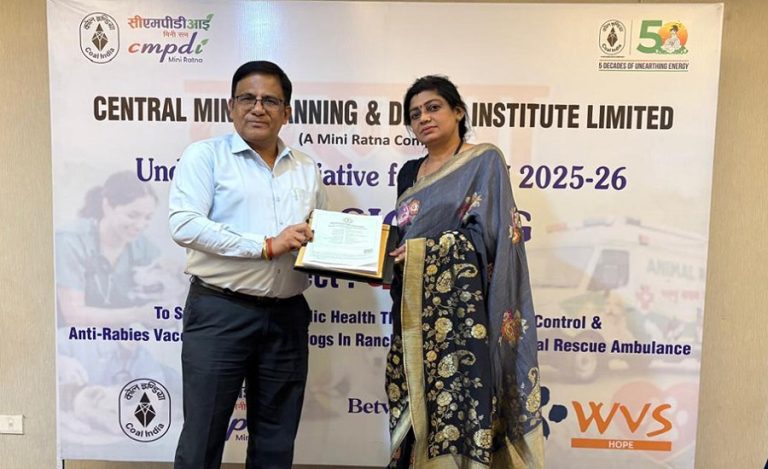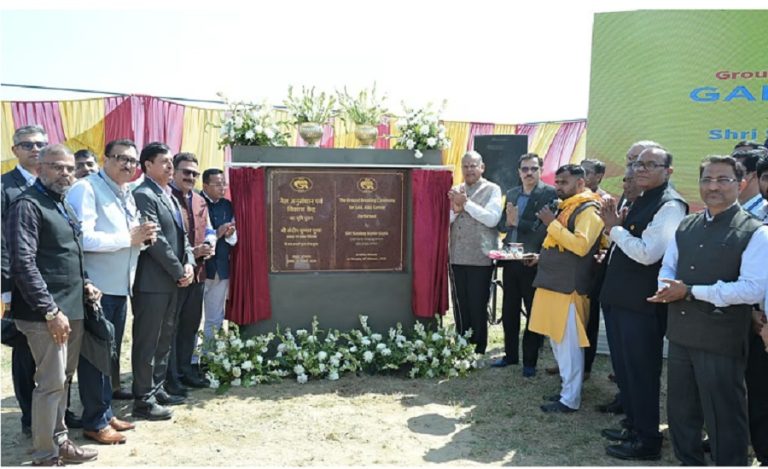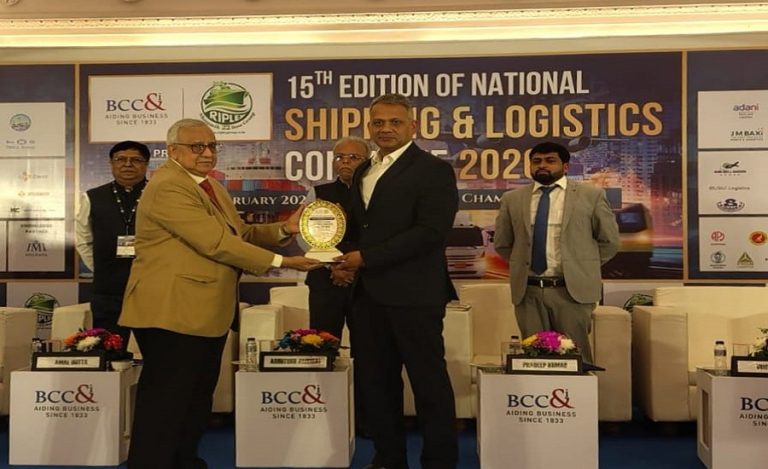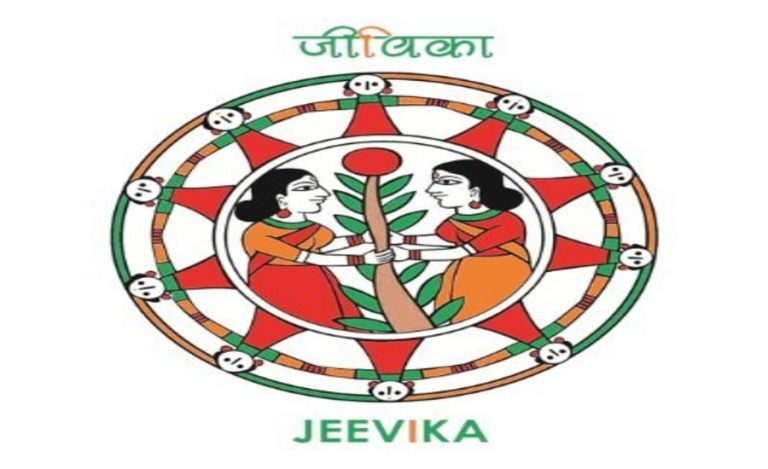In a pointed critique, former Reserve Bank of India (RBI) Governor Duvvuri Subbarao has characterized India’s civil services as a “steel frame” that has rusted over time and urgently needs reform. In his newly published book, “Just A Mercenary?: Notes from My Life and Career,” Subbarao emphasizes the necessity of restoring this foundational structure to its original integrity and efficiency.
The analogy of the “steel frame” dates back to the British era, when the Indian Civil Service (ICS) was established to administer the vast subcontinent. After independence, this evolved into the Indian Administrative Service (IAS), intended to steer the nation’s development and governance. Subbarao, who has served in numerous high-level roles, including Union finance secretary, contends that while the IAS was once a paragon of competence and integrity, it has deteriorated significantly due to corruption, indifference, and incompetence.
“The steel frame has certainly rusted,” Subbarao stated, highlighting the urgent need for reforms. Despite its current state, he argues against dismantling the system entirely, instead advocating for measures to restore its effectiveness. “The solution is not to throw away the rusted frame but to bring it back to its original luster,” he said.
Subbarao also addresses the gender disparity within the IAS in his book, noting that meaningful reforms should also aim to close this gap. The annual civil services examination, conducted by the Union Public Service Commission (UPSC), is a highly competitive process that selects candidates for the IAS, Indian Foreign Service (IFS), Indian Police Service (IPS), and other key services through preliminary exams, main exams, and an interview phase.
In addition to Subbarao’s remarks, recent commentary by economist Sanjeev Sanyal has sparked debate about the aspirations of Indian youth. During a podcast appearance, Sanyal, a member of the Economic Advisory Council to the Prime Minister (EAC-PM), suggested that young Indians should broaden their ambitions beyond civil services. He argued that aspiring to high-profile entrepreneurial roles like those of Elon Musk or Mukesh Ambani should be the goal, rather than aiming for administrative positions such as a Joint Secretary.
Sanyal’s comments echo a broader sentiment about the need for aspirational diversity among India’s youth. “At the end of it, if you must dream, surely you should dream to be Elon Musk or Mukesh Ambani. Why did you dream to be Joint Secretary?” he questioned.

